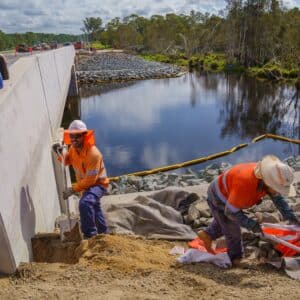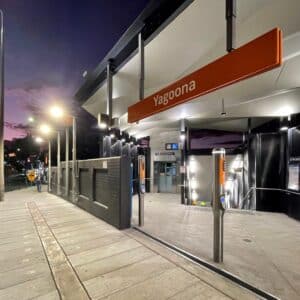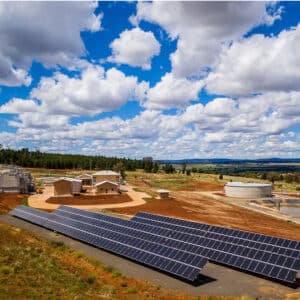Why undertake an IS Planning Rating?
By incorporating sustainability into early-stage asset decision-making, organisations can seek smarter, more efficient solutions, minimising project risks and costs whilst maximising asset returns and benefits.
The IS Planning Rating also drives community and cultural engagement in project planning, guaranteeing assets are fit for purpose and meet local needs, enhancing organisational reputation and building stakeholder trust and support.
The IS Planning Rating:
- Assesses project plans across the quadruple bottom line of infrastructure development: Economic, social, environmental, and governance
- Quantifies project opportunities and benefits and identifies project risks early in the project timeline
- Empowers well-informed decision-making – whether to invest in or build an asset with consideration of whole-of-life impact
- Stimulates a sustainable and innovative project approach rather than Business as usual
- Seamlessly transitions into project design and construction phases
- Provides sustainability assurance across the entire infrastructure lifecycle
- Builds the requirements for the tender phase and links planning with design to ensure clear articulation and handover of opportunities
- Covers Strategic Planning: Demand identification and analysis, strategic options identification, assessment, and decisions
- Covers Detailed Planning: Project options development and assessment, reference design development, scope definition, and procurement
- Results in the strongest sustainability outcomes in the design, construction, and operational phases
- Provides a repeatable framework and sustainable structure for future projects
An IS Planning Rating can be applied to an individual asset or at a community or regional level. It can be applied to every infrastructure asset class and major works, including roads, pathways, rail, water, aviation, and maritime. Projects are scored through specific IS credits and achieve one of five performance ratings: Bronze, Silver, Gold, Diamond, or Platinum.
For small infrastructure projects under $100m, explore our new Rating tool, IS Essentials link below.










